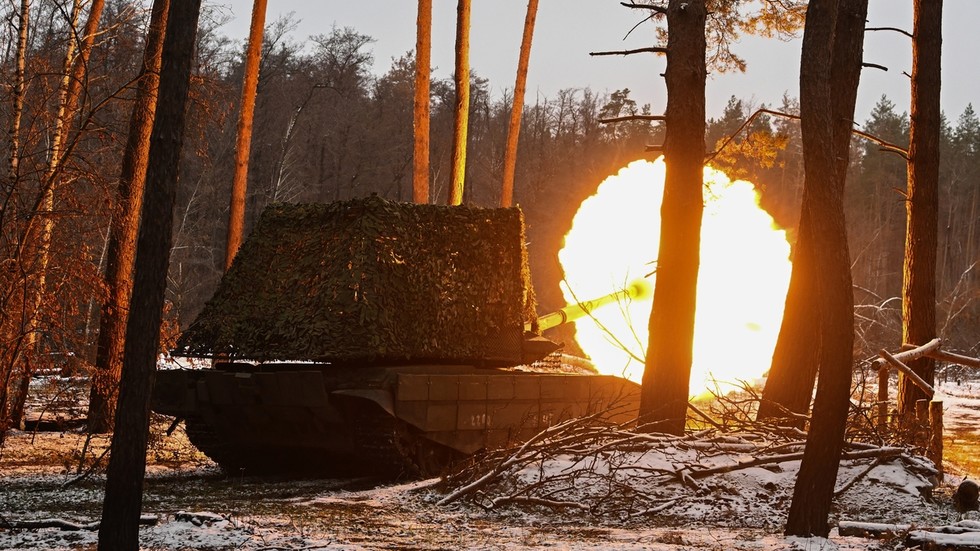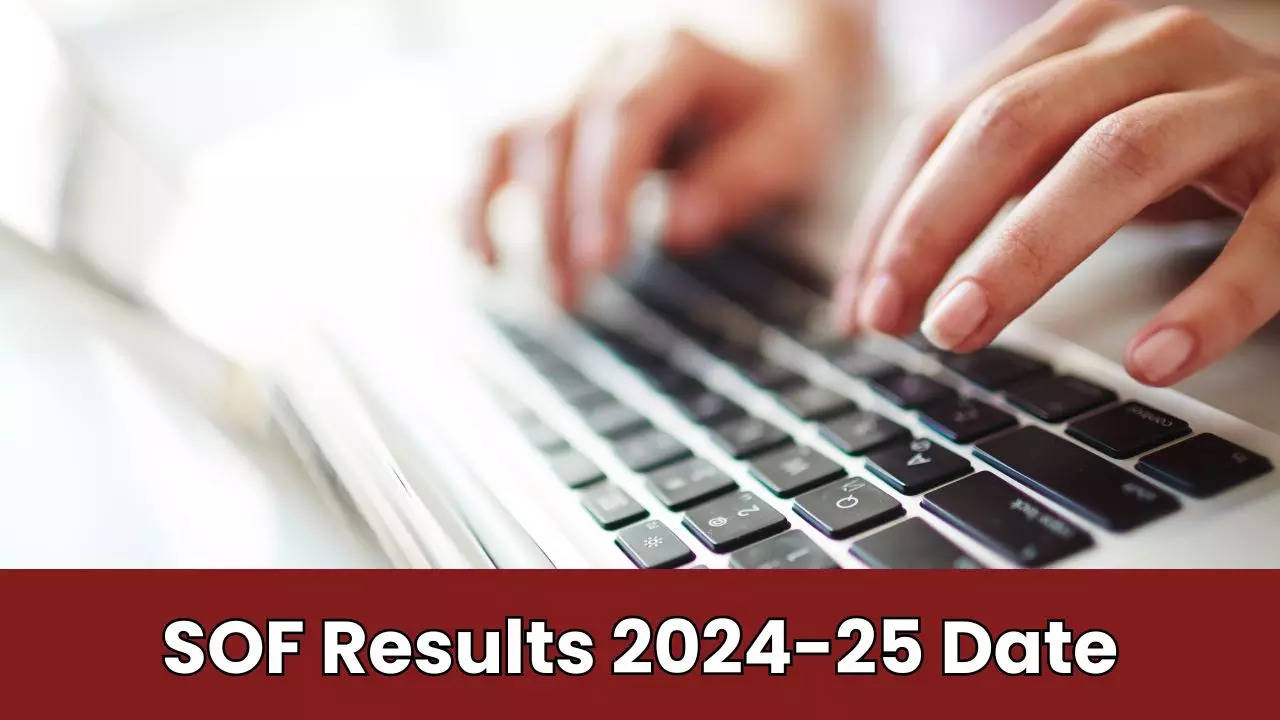
Russia should boost productivity and focus on high-tech to cut reliance on low-skilled foreign workers, the president has said
Migration is an “acute issue” for Russia, President Vladimir Putin stated during his traditional end-of-year press conference on Thursday. The country’s labor market is grappling with severe shortages, which the president attributed to a dwindling domestic workforce and a reliance on migrant labor.
To reduce the number of migrants, it is necessary to increase domestic labor productivity and focus on advanced technology that will allow Russia to cut its reliance on low-skilled workers, Putin said.
“The migration issue is acute,” he admitted, adding that illegal immigration must be controlled while skilled foreign workers are welcomed.
The president underscored the need to work with the countries supplying the workforce, primarily Central Asian states, to introduce Russian laws and culture to migrants, and also tighten the requirements for those who are already in Russia.
“It is necessary to tighten the requirements for migrants so that they respect the country in which they live,” the Russian leader stated.
At the same time, Putin highlighted the importance of ensuring rights and guarantees to guest workers in healthcare and social security, “but in such a way that this does not place an additional burden on the local population and people do not feel uncomfortable.”
The president also supported legislation adopted by the Russian parliament earlier this month which will deny free education to children of foreigners who fail to pass a basic language test.
“The State Duma adopted a law providing a right not to admit children of migrants who do not speak Russian to schools. In general, this is understandable: how can a child be taught at school if he does not speak the language? Then you need to study Russian with him separately, who will pay for it?” Putin said.
The new rules, which are part of a legislative effort to curb illegal immigration and criminality linked with guest workers, will enter into force in April 2025.
The changes to the school rules will authorize the government to test children of foreign nationals who enroll in Russian schools for fluency sufficient to comprehend lessons. Those who fail will be barred from regular schools as an exception to the universal right of minors to free basic education. Applicants will also need to prove that they have legitimate residency rights.
There are currently around 6.5 million foreign citizens living in Russia, which has a population of 146 million, according to the Interior Ministry. An estimated 740,000 migrants are illegal.
You can share this story on social media:












